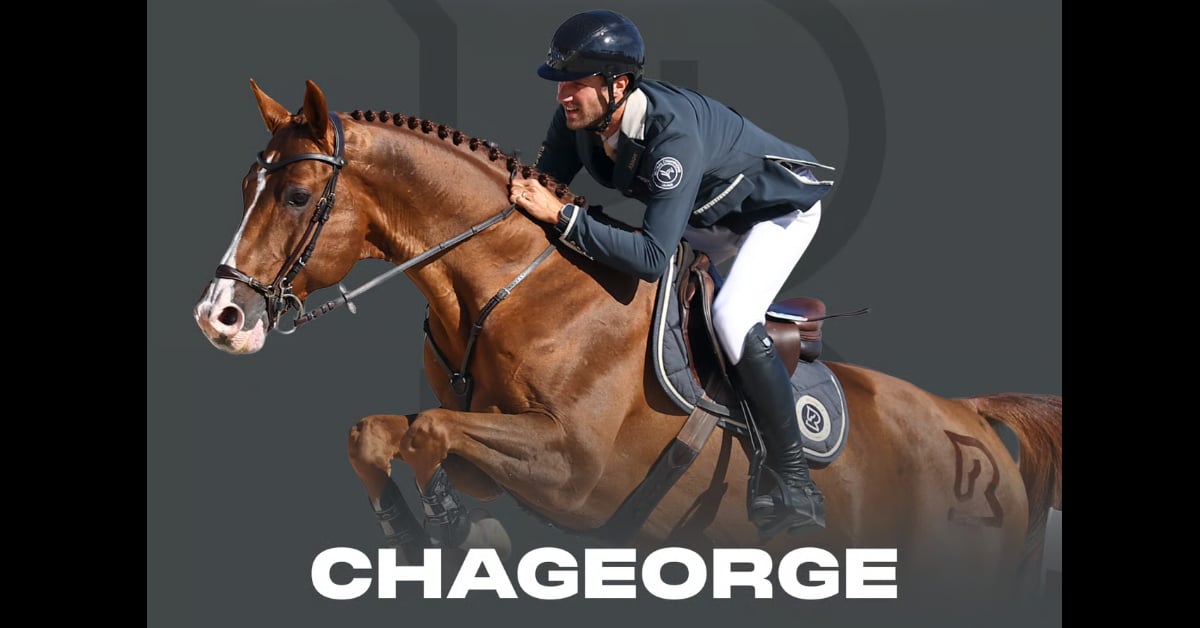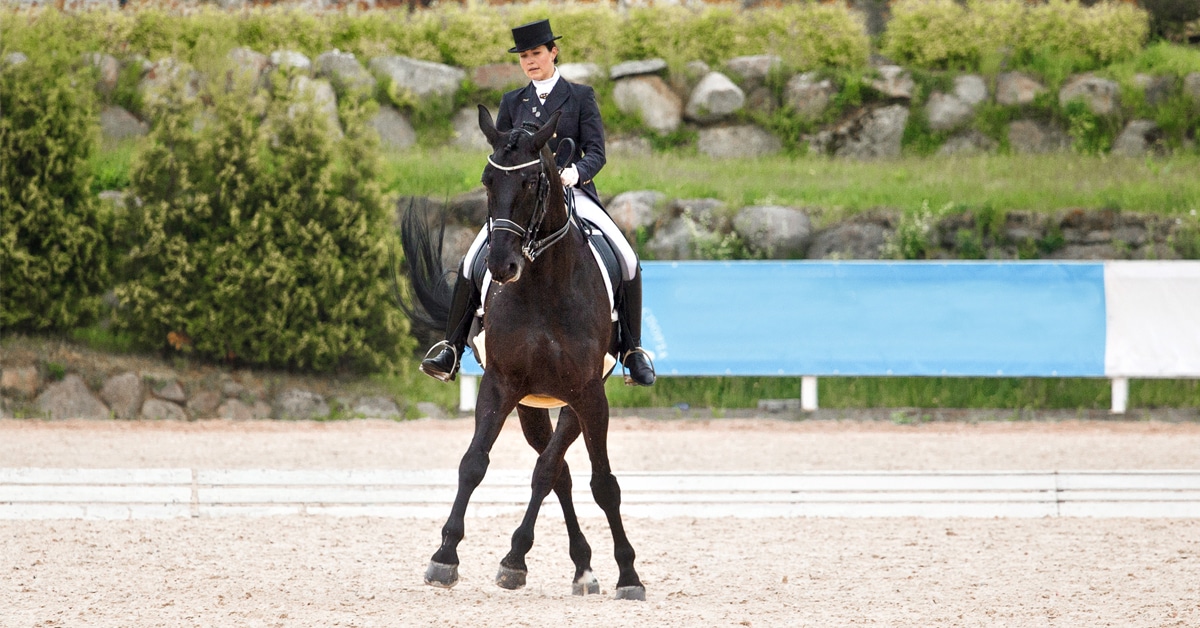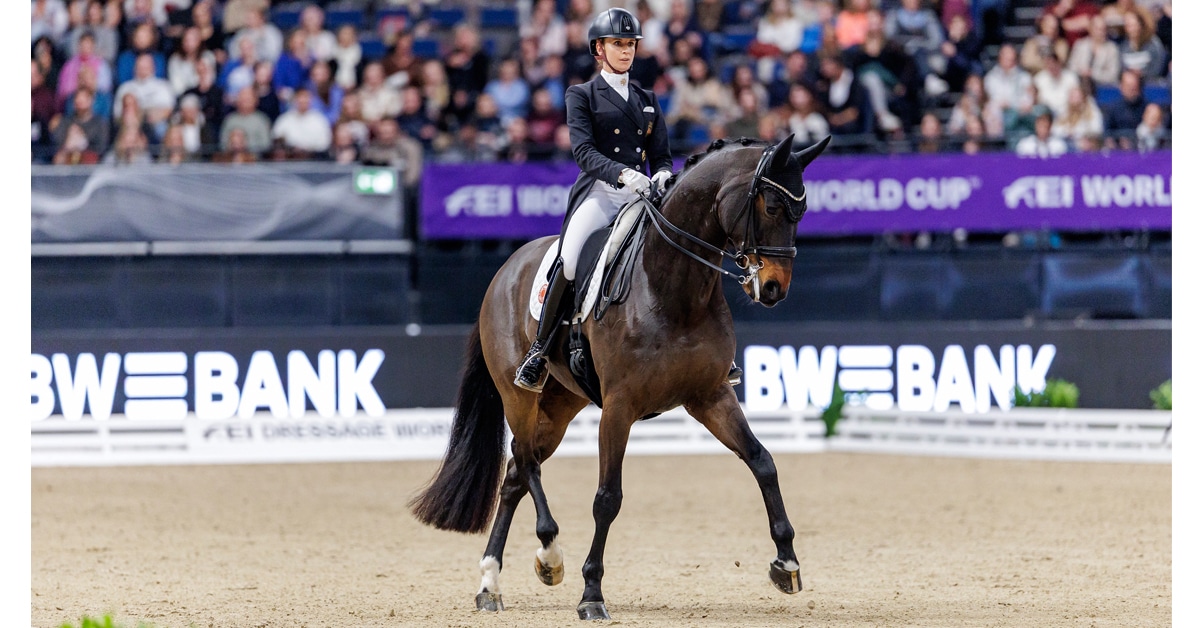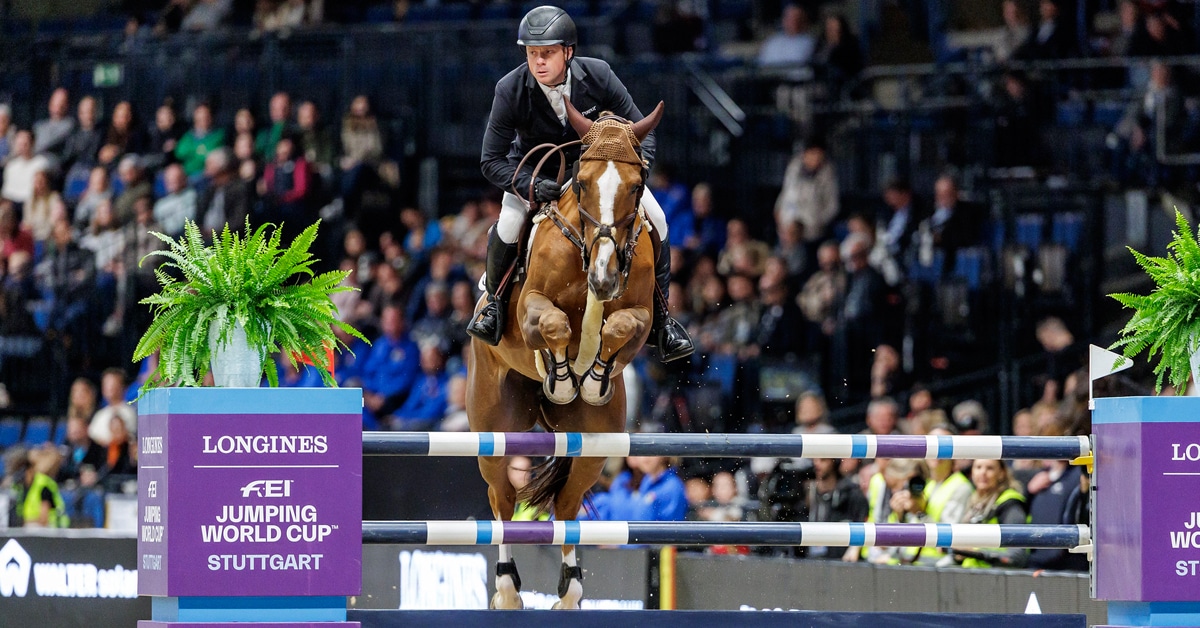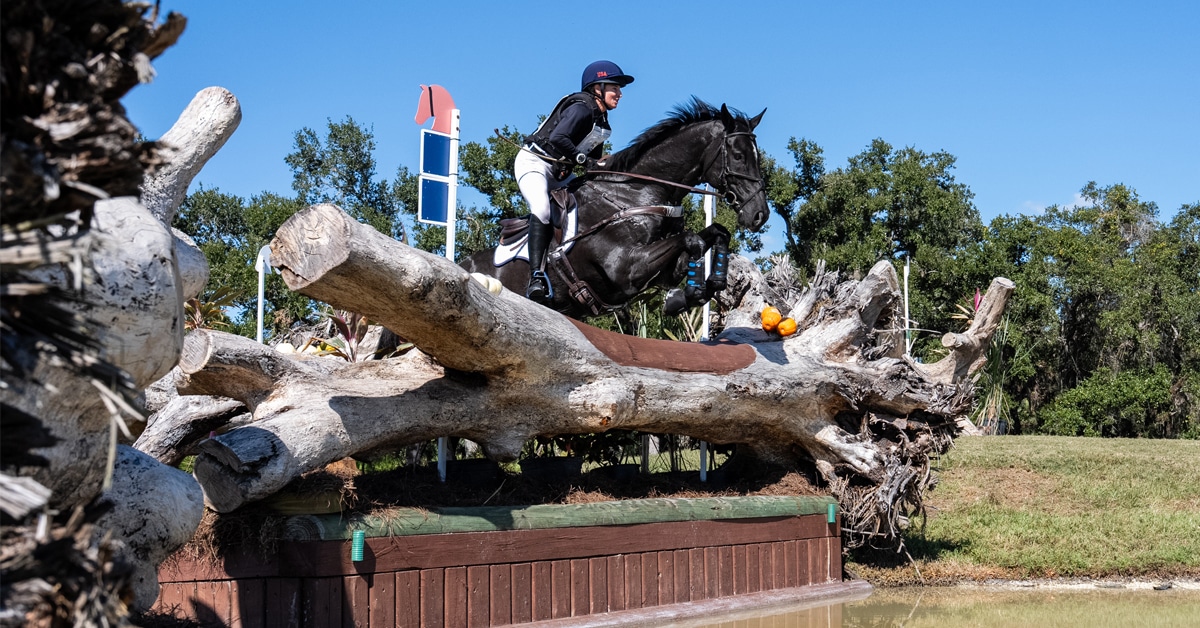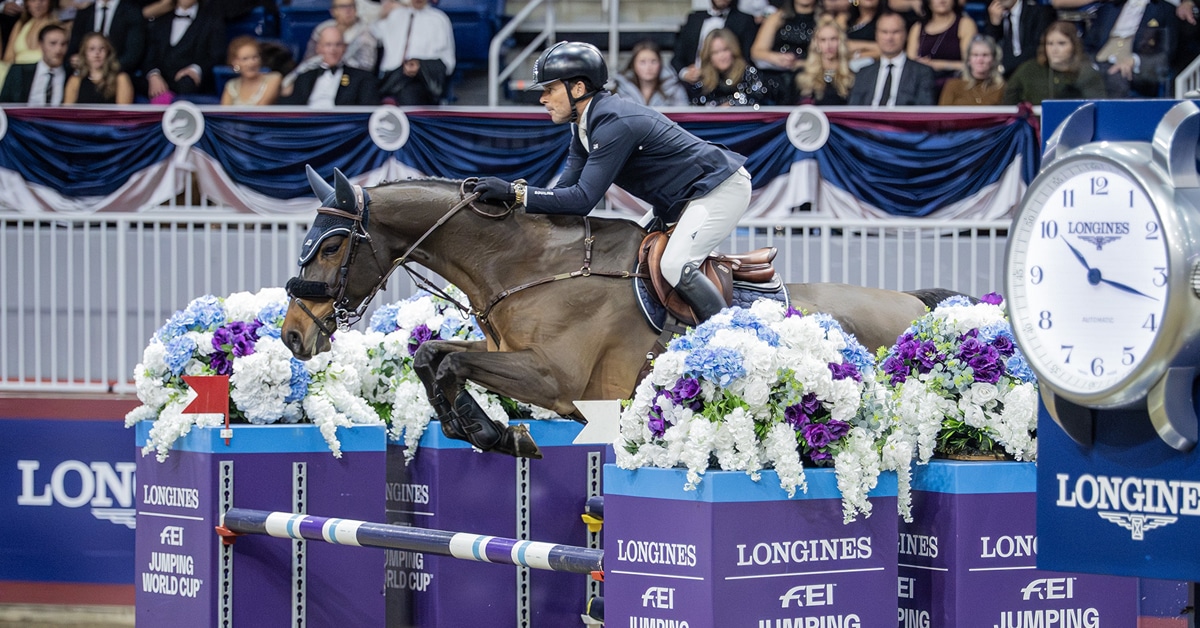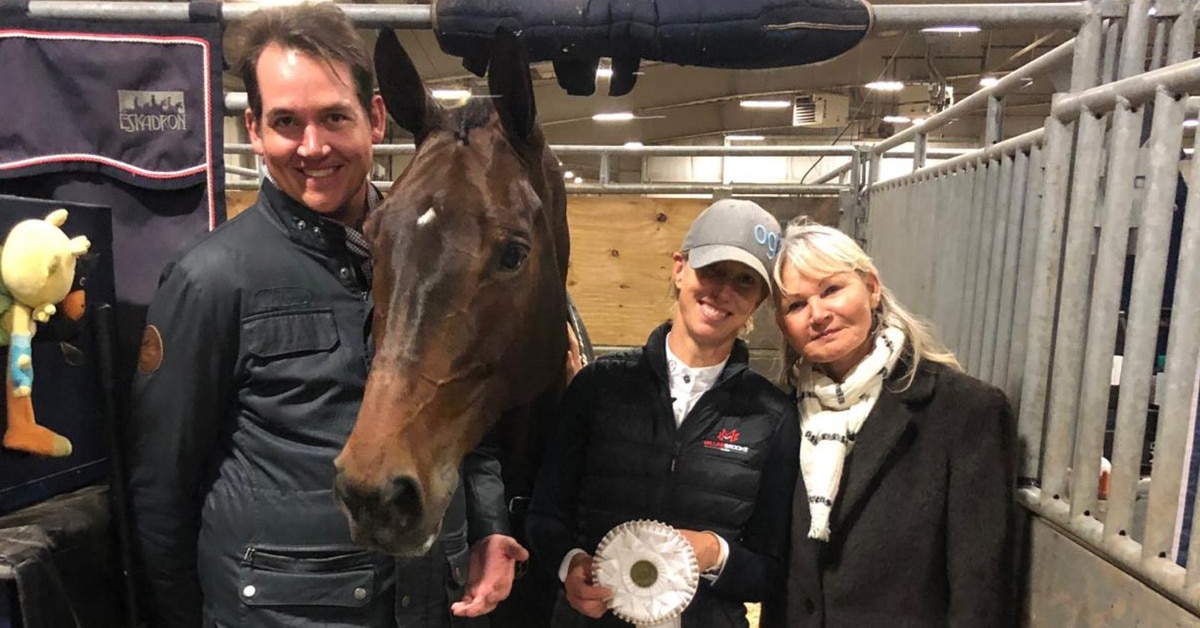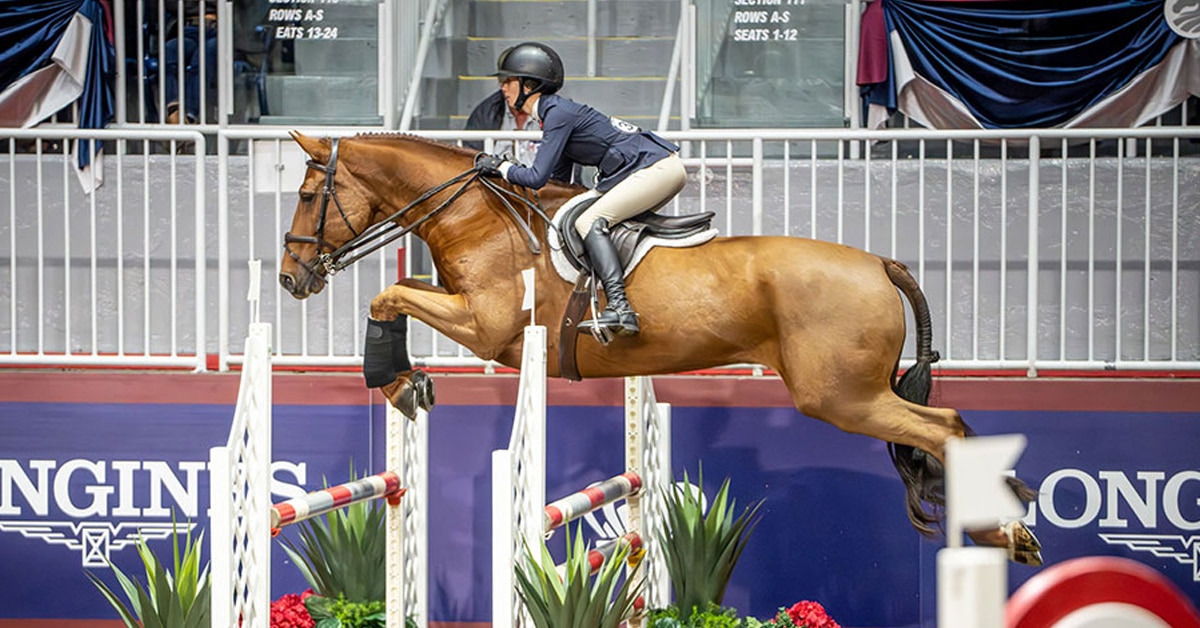The governance of Australian equestrianism is in turmoil, and its team faces an additional hurdle getting to the deferred Tokyo Olympics after Equestrian Australia (EA) went into voluntary administration June 9. The decision came after funding was withdrawn by Sport Australia (SA) which says EA’s style of governance is not acceptable.
Australia has won 12 Olympic equestrian medals, six of them gold, primarily in eventing. It is one of seven nations to have qualified teams for Tokyo in all three disciplines.
Boardroom rancour at the national equestrian federation has been well aired in Australian mainstream media. In the past 16 months there have been eight EA board resignations, including three chairmen. The most recent, Ricky MacMillan, stood down in May after just six months as chair.
EA attitude towards rider safety did not come out well during last year’s inquests into the eventing deaths of Olivia Inglis and Caitlyn Fischer. More recently the EA board stalled over taking action against a member facing criminal proceedings for sexual abuse until the FEI intervened. Long time critic Senator Rex Patrick has asked questions in parliament about EA’s governance and demanded an inquiry.
Now it seems that SA has had enough of EA too. SA has already transferred the high performance (HP) equestrian program – which received AUS $3.2m ($3m CDN) in 2019-2020 financial year – to the Australian Institute of Sport (AIS), a government agency. This could create a procedural problem for the Olympic riders if a restructured EA is not active by next summer because AIS is ineligible to select the equestrian team.
EA has 20,000 members, of which 18,000 are in the “grass roots” community, and an annual turnover of around AUS $ 6m ($5.6m CDN). In a statement, SA said: “We do not take these measures lightly but our priority is the long-term betterment of the sport and the welfare and safety of all EA athletes, participants, staff and volunteers. In recent times, the leadership and governance at EA has fallen well short of acceptable standards with the resignation of eight directors, including three chairs,in the past 16 months.
“We will revisit our position on these matters when EA demonstrates to our satisfaction that it has developed, and will implement, a new governance model that achieves our core requirements of being structurally democratic, representative and stable.”
EA had already incurred financial losses due to the COVID-19 pandemic. KordaMentha have been appointed Voluntary Administrators. In its own statement EA hoped this would be a short-term measure until the sport can obtain funding from elsewhere. The alternative was to plunge into insolvency. EA conceded that its governance model “clearly” did not work. Until it was stable SA could not “in good faith” continue to contribute public funds.
EA added: “The HP Panel will remain in place, funding returned to the AIS, and the program will continue unabated in pursuit of equestrian gold at the upcoming Olympics.” There are no planned staff losses. The Administrator will work with EA’s creditors to determine the conditions for exiting Voluntary Administration.
MacMillan represented Australia in dressage at Sydney and Athens and is a 4* judge. She had been viewed as EA’s potential saviour and had argued unsuccessfully for an external review of its workings. When she resigned she said change had proved “unobtainable,” and that she could not stand by and see members’ interests “overlooked.”
Australian horse sport’s reputation took a further hit in the spring when the New South Wales Office of Sport referred the tender process for awarding more than AUS $1m in taxpayer funds to resurface two arenas at Sydney International Equestrian Centre (horse park for the 2000 Olympics) to the Independent Commission Against Corruption (ICAC,) after allegations of conflict of interest.
More News
